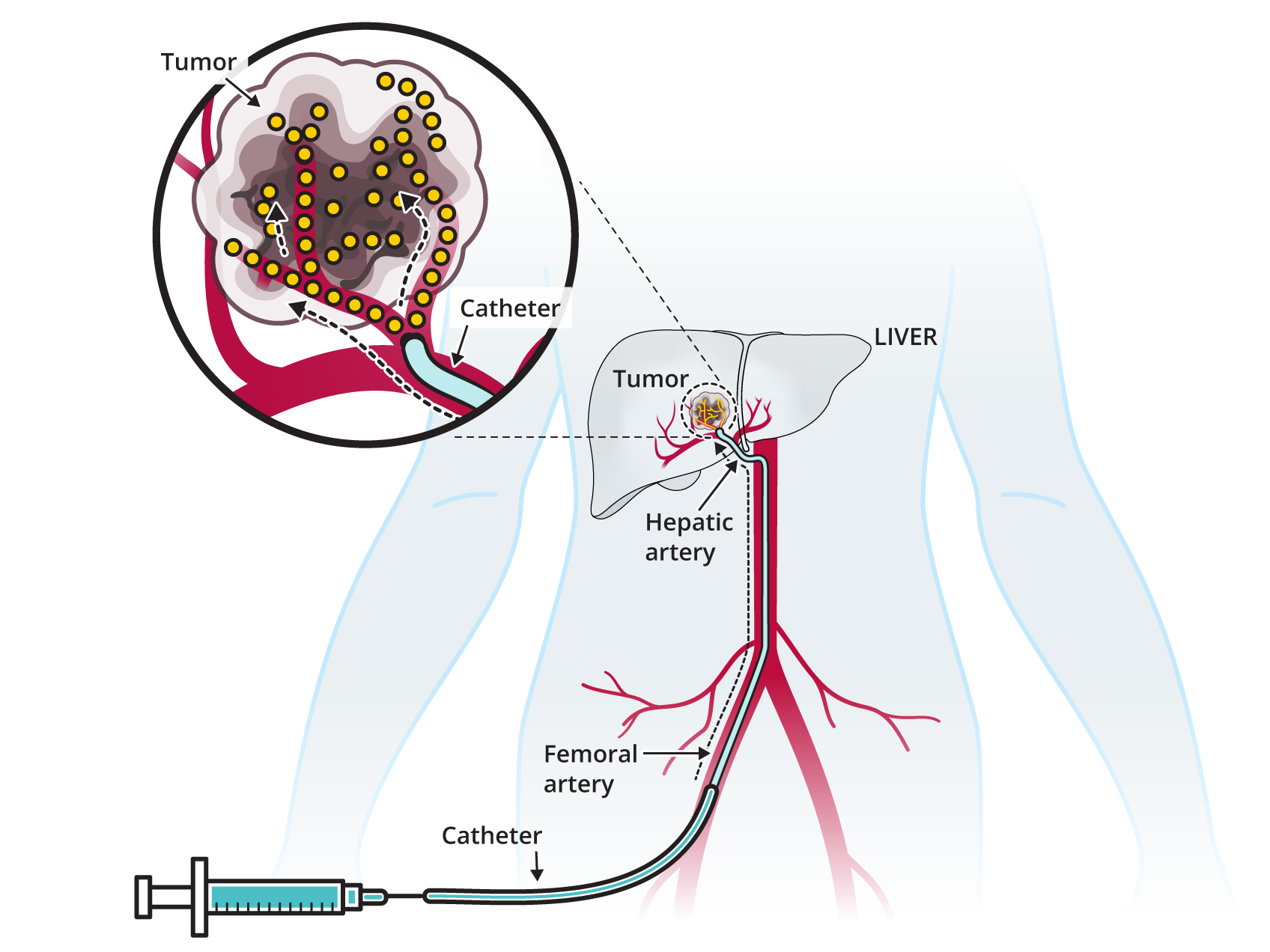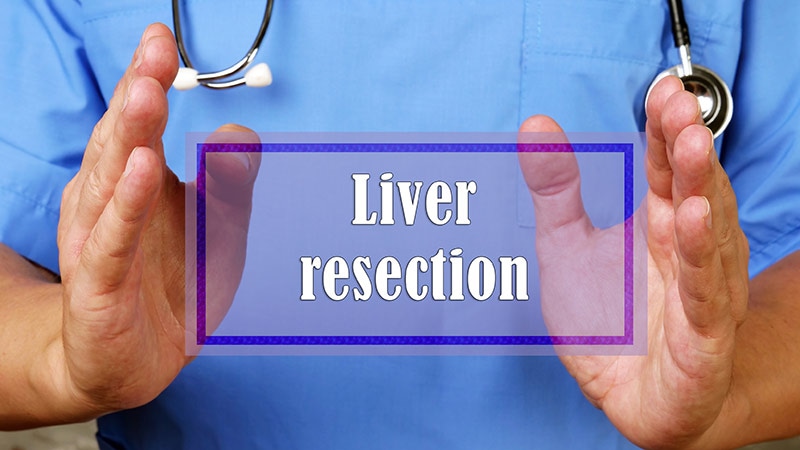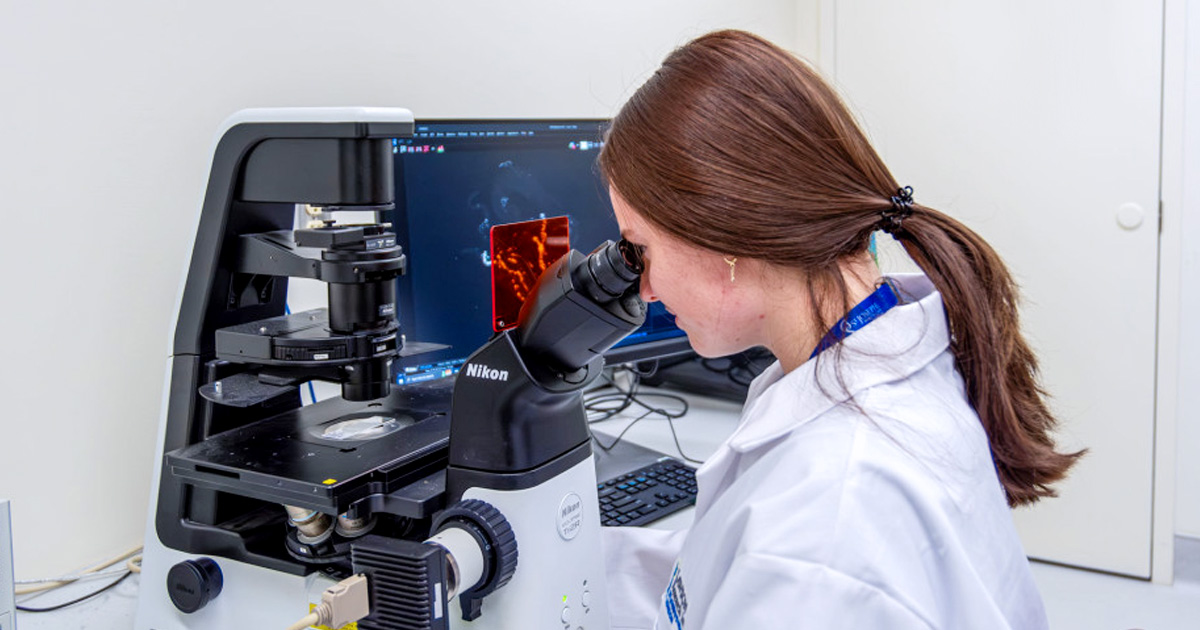Finding The Right Treatment For Liver Cancer: Expert Explains The Shift to Personalised Medicine

Liver cancer often goes unnoticed in its early stages, as its symptoms can be subtle or mistaken for other less serious conditions. By the time symptoms, such as unexplained fatigue, loss of appetite, or abdominal pain become apparent, the disease is often more advanced. With over 8,00,000 new cases diagnosed annually worldwide, liver cancer is a major health concern that requires prompt attention. However, thanks to recent advancements in oncology, treatment options for liver cancer are becoming more personalised, allowing doctors to tailor therapies based on each patient’s specific needs and circumstances.
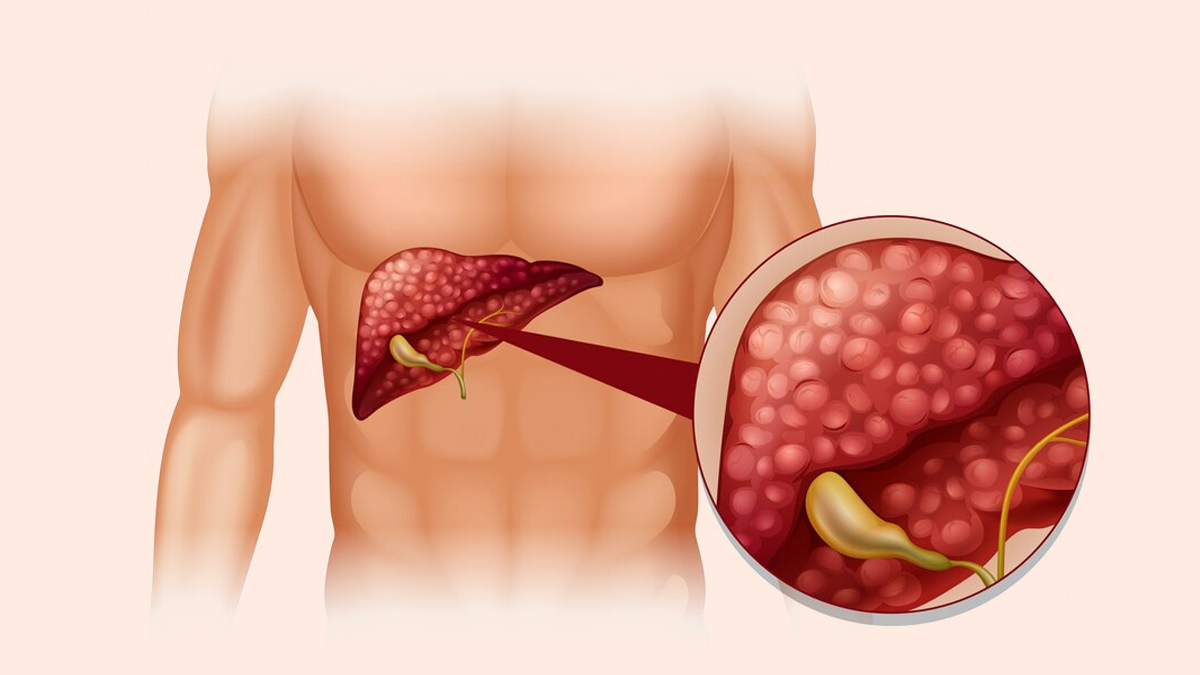
This shift toward individualised care offers new hope for better outcomes, even for those diagnosed at later stages. We spoke to Dr Ghassan K Abou-Alfa, MD, Gastrointestinal Medical Oncologist, Memorial Sloan Kettering Cancer Center, New York, who explained how these innovative treatment approaches are changing the landscape of liver cancer care.
Liver cancer is one such form of this cancer and is often overlooked due to its seemingly innocuous symptoms. According to the International Agency for Research on Cancer, liver cancer is the sixth most common in the world with more than 800,000 diagnoses per year.
Despite less than a million cases per year, the number of deaths due to liver cancer is overwhelmingly high with 8,00,000 deaths being reported annually, as stated in a 2023 study. Over 50% of new cases are diagnosed at advanced stages, increasing the overall burden.
“Hence, enhancing awareness and encouraging screening is vital to reduce the prevalence of this cancer. However, along with screening, timely treatment is also important. With advancements in the field of oncology, the treatment methods for liver cancer have vastly improved. In the future, these treatments will be key in improving treatment-prolonged outcomes,” said Dr Abou-Alfa.
Also Read: Eating Meat Or Fish Increases Chances Of Liver Disease? Expert Answers Its Association With NAFLD
Types Of Liver Cancer
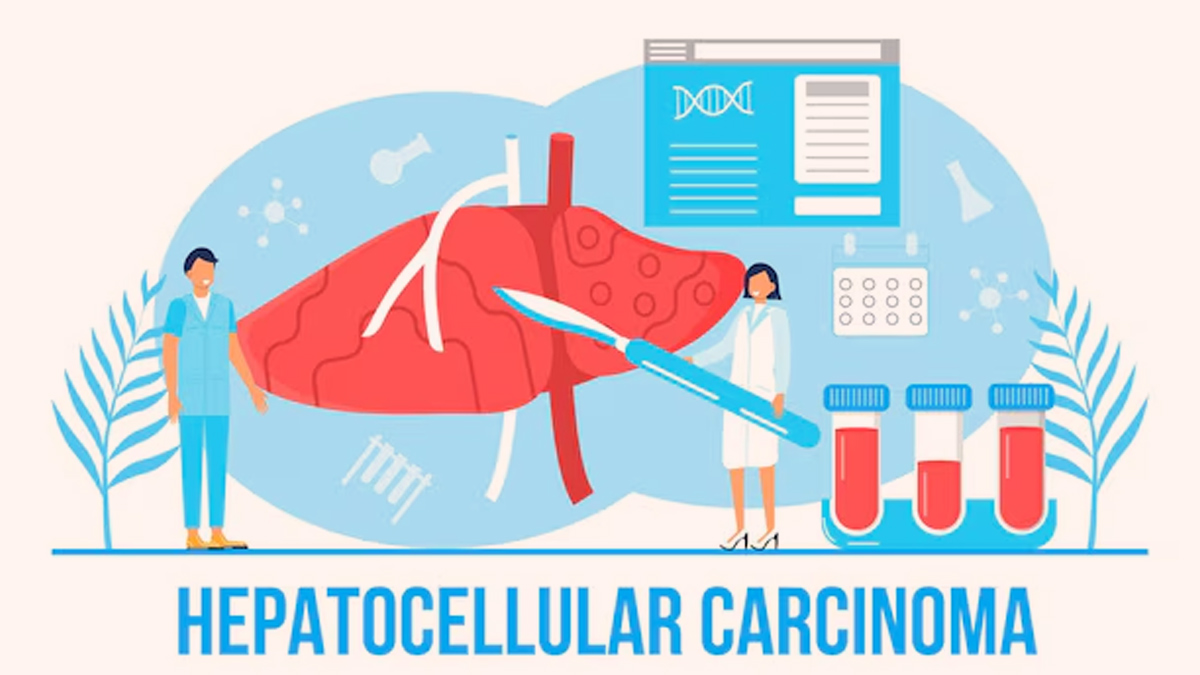
“Liver cancer typically begins in the liver, and it’s important to distinguish it from liver metastases, which occur when cancer spreads to the liver from elsewhere in the body. The most common type of primary liver cancer is hepatocellular carcinoma, which starts in the liver cells that process nutrients in the blood (hepatocytes),” explained Dr Abou-Alfa.
Another common form is intrahepatic cholangiocarcinoma, which arises in the bile duct cells responsible for transporting bile. Other, rarer forms include fibrolamellar carcinoma, angiosarcomas, and hepatoblastomas. In recent years, the number of primary liver cancer cases has been steadily increasing.
Symptoms of Liver Cancer
The symptoms of liver cancer include:

- Fever
- Fatigue
- Bloating
- Generalised itching
- Urine turning dark
- Loss of appetite
- Weight loss
- Jaundice
- Pain or discomfort in the abdomen
Risk Factors of Liver Cancer
The risk factors contributing to its development include chronic hepatitis B or C virus infection, morbid obesity and diabetes, plus excessive alcohol consumption. This is added to other less likely risk factors, such as metabolic diseases like hemochromatosis, or exposure to aflatoxins (toxins produced by certain moulds on food grains).
Also Read: Expert Explains The Role of Hepatitis in the Rising Incidence of Liver Cancer
Personalising Treatment For Liver Cancer
Cancer treatment is shifting towards personalised medicine, marking a significant departure from one-size-fits-all approaches. In the case of liver cancer, treatment strategies are being increasingly tailored to the unique characteristics of each patient. Here are the different methods of treatment which are employed depending on the severity and risks, as listed by the expert:
Surgery

It is carried out when the cancer is in its early stages and has not spread to blood vessels nearby. This is done in two ways. Liver resection involves removing sections of the liver that have tumours and some healthy tissue to get rid of any traces. The other is liver transplantation, the diseased liver is removed and replaced with one from a healthy donor.
Ablation
This minimally invasive method can get rid of cancer cells without surgery. It involves using special needles to deliver high-energy radio waves or microwaves to destroy the cancer cells using heat, freezing them, or using laser beams or ultrasound waves.
Embolisation
It helps to suffocate tumours by blocking blood flow while delivering other forms of therapy, such as chemotherapy or radiation beads.
Radiation Therapy
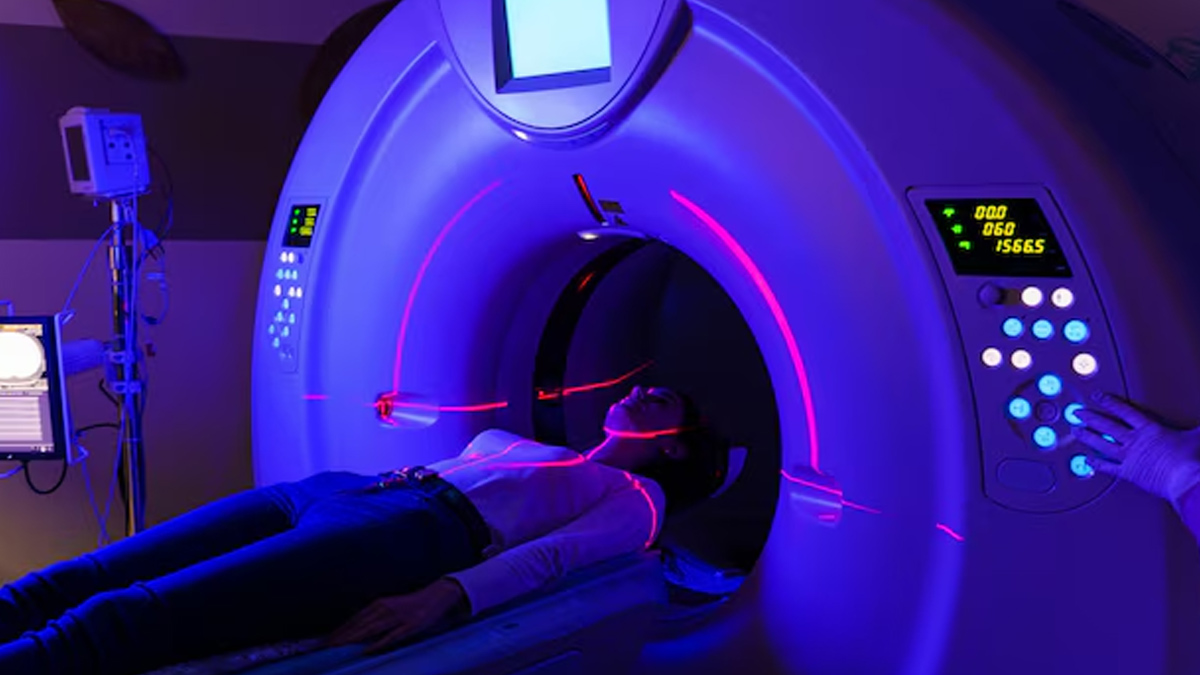
Radiation therapy uses targeted radioactive beams to destroy tumour cells. This method is used in the case of primary liver cancer when surgery is not possible. External beam radiation therapy uses energy beams, like X-rays or protons, to target cancer cells and reduce tumour size.
Immunotherapy
This treatment method is used in advanced cases and involves using medication that can harness the body’s immune system to recognise and attack cancer cells. In the case of liver cancer, these medications inhibit the proteins that prevent the immune cells from attacking cancer cells.
Also Read: New Non-Invasive Therapy Shows Promise For Liver Cancer Patients
Targeted Drug Therapy
This form of therapy is used in advanced cases and involves using drugs that focus on specific genetic abnormalities present in cancer cells. These drugs block pathways that allow cancer cells to grow and survive.
Chemotherapy
This method is often used before surgery to make the tumour shrink by destroying the rapidly dividing cells, including cancer cells. The medication is delivered intravenously and in combination with immunotherapy, it remains the main treatment line for biliary tumours. This also can be done via the hepatic artery, which supplies blood and nutrients to the tumour.
Bottomline
Dr Abou-Alfa concluded, “Tailored treatments are not just an advancement, they represent a lifeline for many patients with liver cancer. This shift toward personalised medicine empowers patients to receive care as unique as their circumstances. With an arsenal of innovative therapies, cancer care is moving toward a future where each individual has the opportunity for a more effective, targeted approach to treatment. This is not merely about survival; it’s about reclaiming life and health on one’s terms.”
[Disclaimer: This article contains information provided by an expert and is for informational purposes only. Hence, we advise you to consult your own professional if you are dealing with any health issues to avoid complications.]
link


